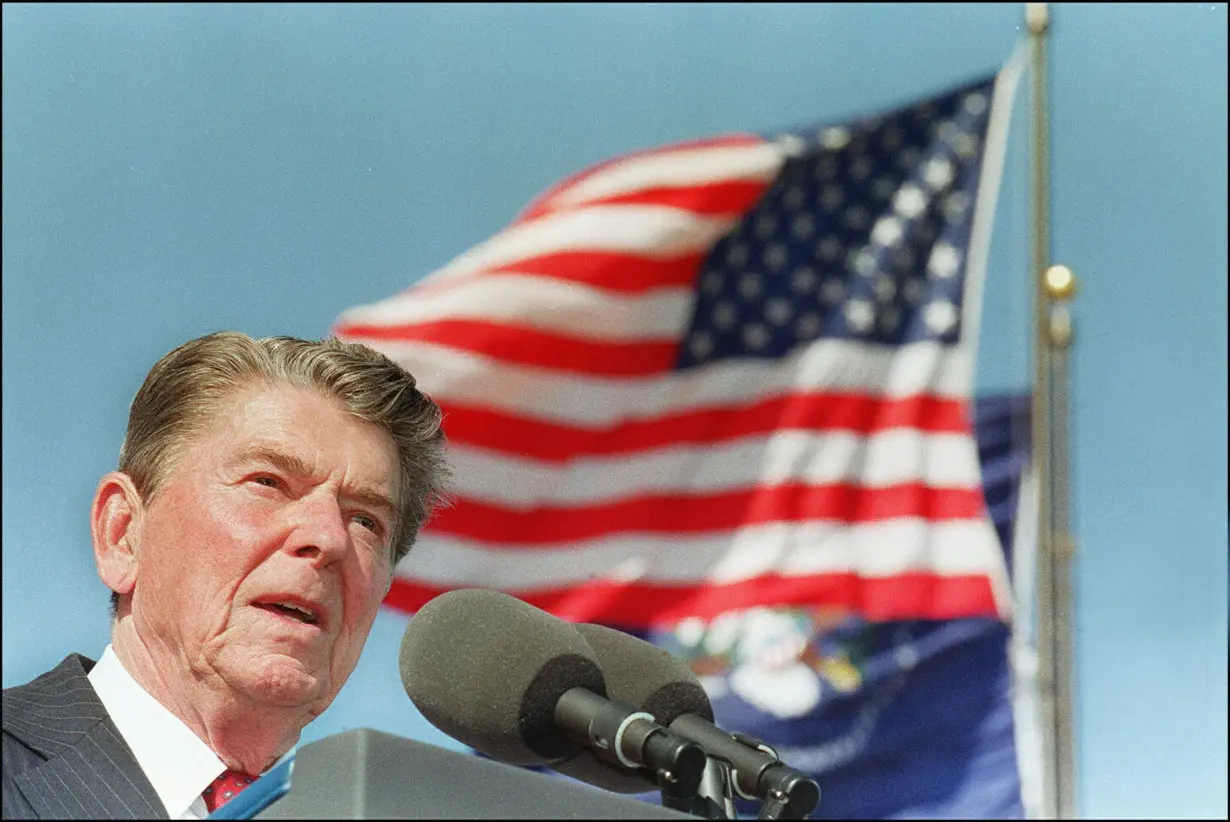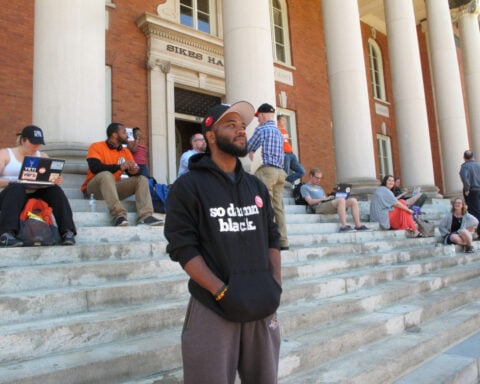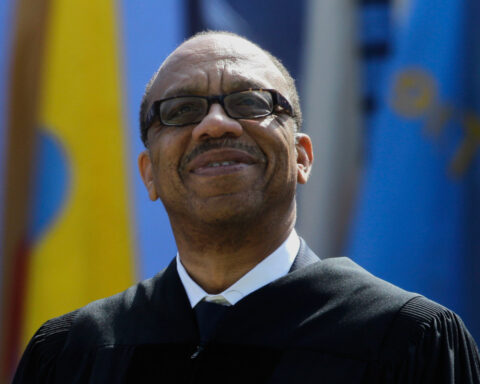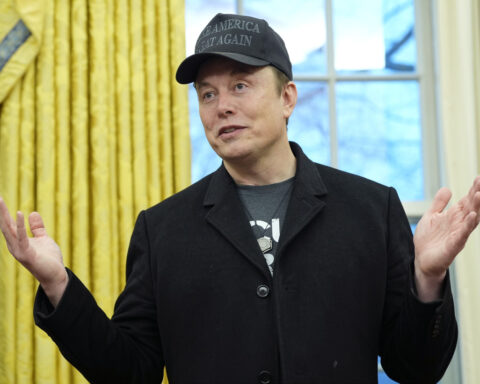Once elected, Reagan sought practical ways to apply his faith in freedom, which, like many evangelicals, he believed came from God. By cutting taxes, ending industry regulations and privatizing government functions, he hoped to give individuals more economic and political freedom.
Reagan’s love of freedom also fueled his hostility to the Soviet Union. He labeled its communist government “an evil empire,” because it denied its citizens freedom. Casting a geopolitical stance as a cosmic battle between good and evil, Reagan made defeating communism a religious calling.
I argue that Reagan’s evangelical vision was mainstreamed through the media, which reported his interviews and public statements. This vision was not always apparent, but Americans liked his policies even if they missed their religious dimension. In other words, when Reagan proposed allowing the free market to determine the economy, limiting federal power and standing up for democracy worldwide, one didn’t need to be an evangelical to agree.
A new religious vision
Trump saw an opening for a new kind of religiously tinged politics when he ran for president in 2016. But unlike Reagan’s vision of spreading freedom and democracy here and abroad, Trump’s vision sticks closer to home.
I would argue that Trump’s religious vision is rooted in white Christian nationalism, the belief that the white Christians who founded America hoped to spread Protestant beliefs and ideals. According to white Christian nationalists, the founders also wanted to limit the influence of non-Christian immigrants and enslaved Africans.
Likewise, Trump’s rhetoric, mainstreamed by the media, portrays “real” Americans as white Christians. Many of these are men and women fearful that secularists and religious, racial and ethnic minorities want to replace, if not eliminate, them.
By most measures, Trump is not personally religious, although supporters contest that claim. But he has convinced conservative Americans, especially white evangelicals, that he is “God’s instrument on earth.”
When confronted with his financial misconduct, sexual crimes and outrageous lies, backers say that God works through flawed men. And evidence of that work – the U.S. Supreme Court overturning abortion rights, building the border wall and moving the U.S. embassy in Israel from Tel Aviv to Jerusalem – has won him their support.
Trump’s mainstreaming of white Christian nationalism is evident in his latest scheme. The God Bless the USA Bible sports an American flag on its cover. Included with scripture is the Constitution, Bill of Rights, Pledge of Allegiance and the handwritten lyrics to singer Lee Greenwood’s “God Bless the U.S.A.” A portion of the sales will benefit Trump’s organization.
Christianity and nationalism hand in hand
Former President Donald Trump and his faith.
Trump rejects America’s role as the “shining city on a hill” and its mission to spread freedom and democracy. His goal is to restore what he calls the “founding fathers’ vision.” It’s a vision shared by Americans who think the U.S. was founded as a Christian nation, despite proof to the contrary.
Religion can be a force for good or ill. Reagan believed that his religious vision would promote individual freedom and spread democracy worldwide. Americans may agree or disagree on whether he was successful and at what cost.
But Trump’s religious vision – one that hawks Bibles, disparages democracy and mocks governance – isn’t one that Reagan would recognize.

Diane Winston does not work for, consult, own shares in or receive funding from any company or organization that would benefit from this article, and has disclosed no relevant affiliations beyond their academic appointment.
Source: The Conversation

 Trump has begun another trade war. Here's a timeline of how we got here
Trump has begun another trade war. Here's a timeline of how we got here
 Canada's leader laments lost friendship with US in town that sheltered stranded Americans after 9/11
Canada's leader laments lost friendship with US in town that sheltered stranded Americans after 9/11
 Chinese EV giant BYD's fourth-quarter profit leaps 73%
Chinese EV giant BYD's fourth-quarter profit leaps 73%
 You're an American in another land? Prepare to talk about the why and how of Trump 2.0
You're an American in another land? Prepare to talk about the why and how of Trump 2.0
 Chalk talk: Star power, top teams and No. 5 seeds headline the women's March Madness Sweet 16
Chalk talk: Star power, top teams and No. 5 seeds headline the women's March Madness Sweet 16
 Purdue returns to Sweet 16 with 76-62 win over McNeese in March Madness
Purdue returns to Sweet 16 with 76-62 win over McNeese in March Madness








